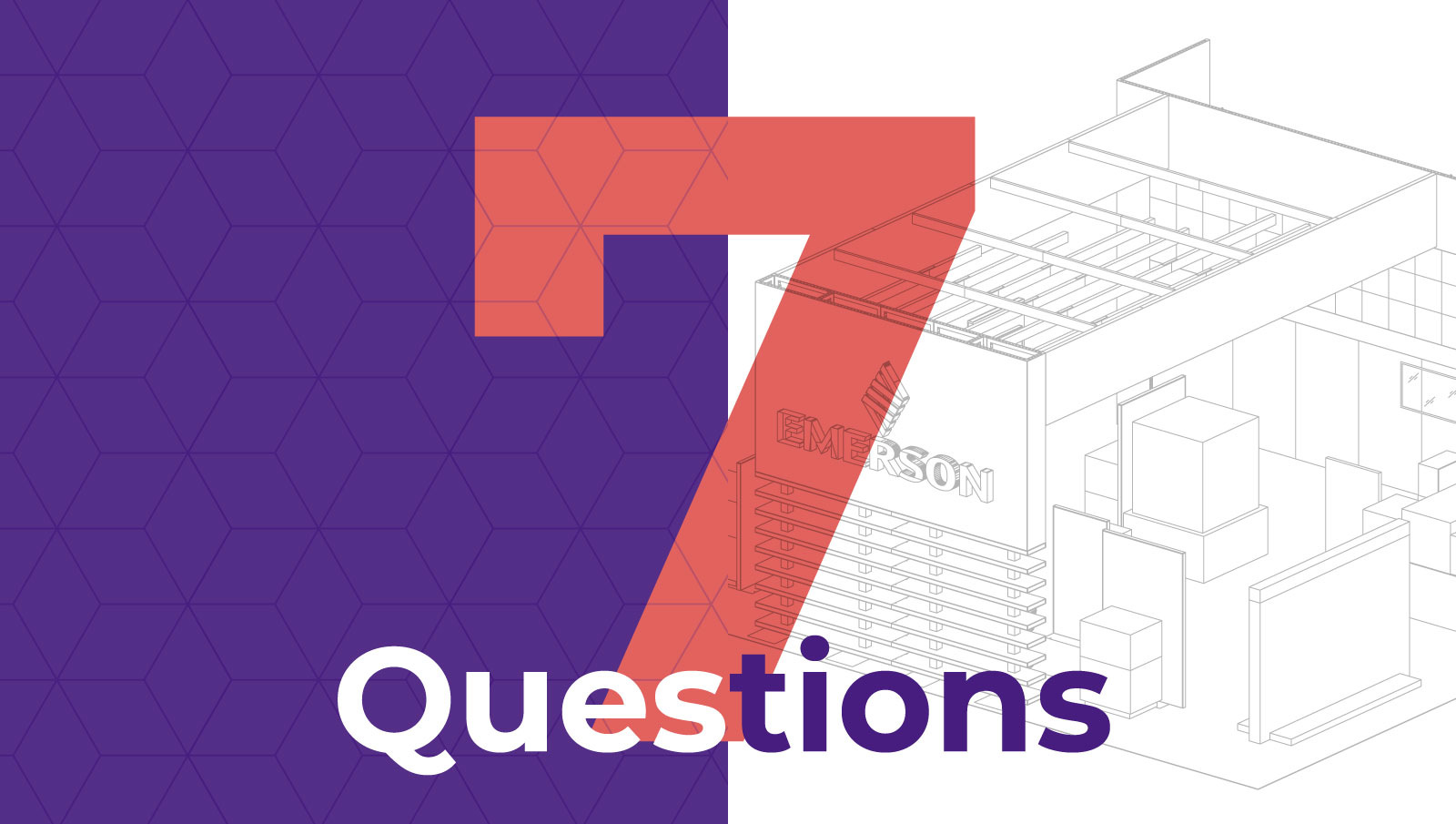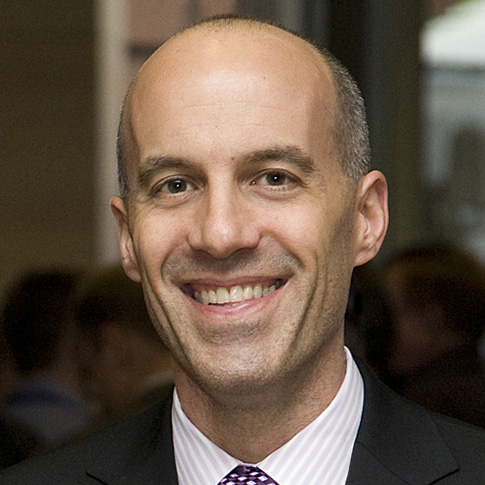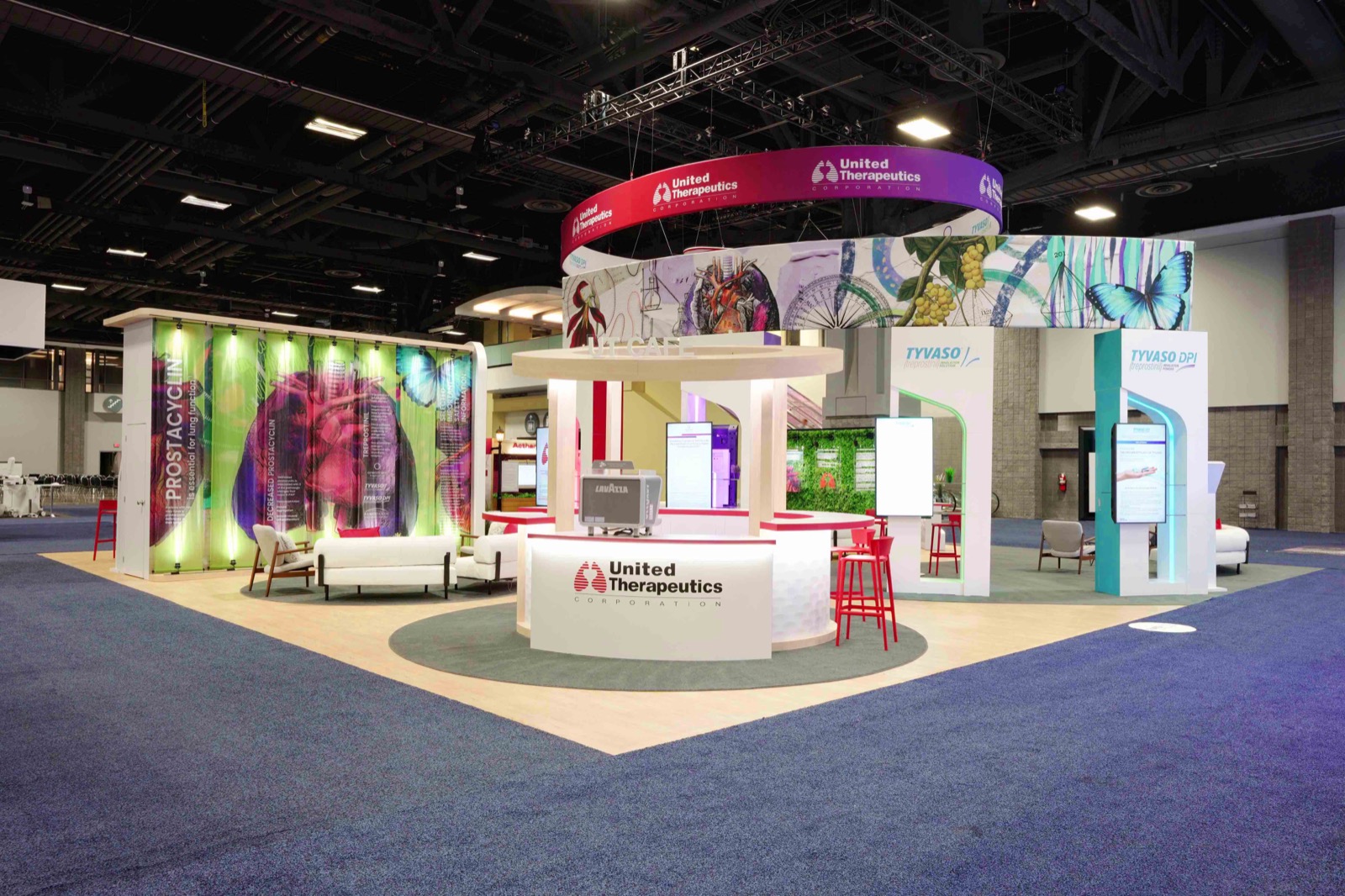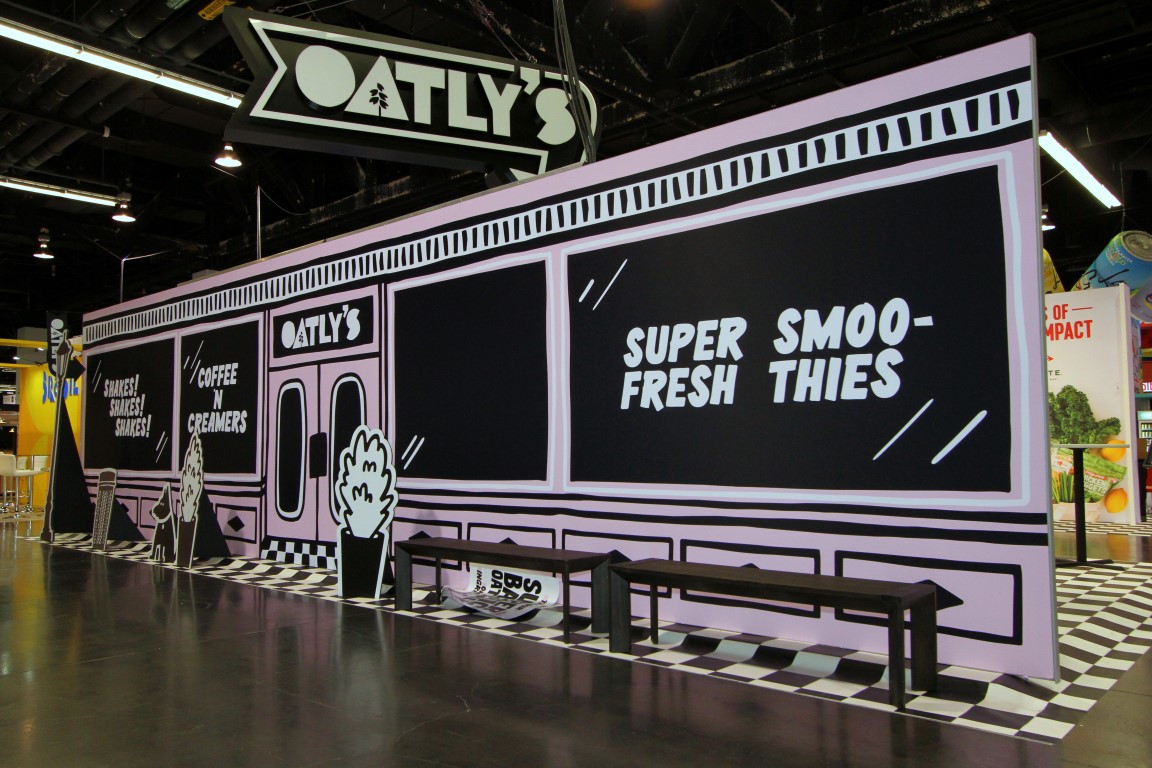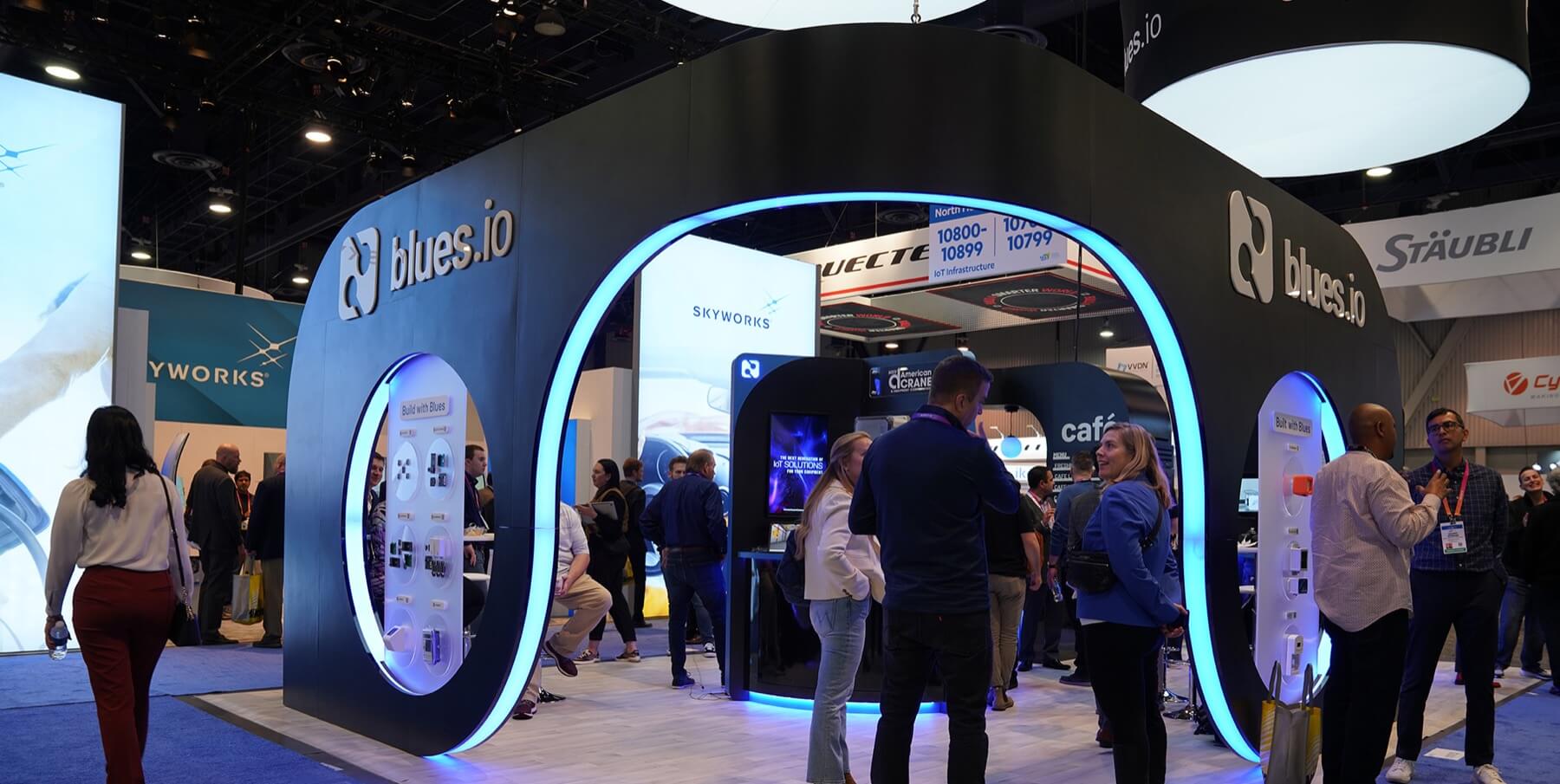Choosing the right creative partner and custom trade show booth manufacturer can make all the difference between a memorable experiential marketing campaign and a missed opportunity. When selecting a partner for exhibit design services – whether for a long-term relationship or a one-time collaboration – there are several key factors that can help you assess their ability to deliver excellent results. Ask the right questions before signing on the dotted line. Here are seven key questions you should ask any prospective trade show exhibit services provider, and what to look for in their response.
1. What is your process for understanding our audience?
Whether you’re launching a retail exhibit or working with custom trade show booth manufacturers on a new trade show build, understanding the audience is the foundation of any successful campaign. A creative partner should be able to articulate a clear process for researching and analyzing your target market, including factors like:
- Who will be attending the event, and what segments do you care about reaching the most?
- What’s most important to this audience?
- What steps do you want them to take when they engage with your during the event?
- What call to action do you want to reinforce during the event?
- What are the one to three most important takeaways target prospects can have about your brand or product?
- What works to engage them? What are they wary of?
- What objections are they likely to have vs. your goals and what steps can we take to counter them?
By exploring how they approach understanding audiences, their answer will help you gauge their ability to adapt their creative approach to meet the specific needs and preferences of your audience. A systematic workflow to this also reinforces that strategy is part of their overall project design and that your experiential marketing initiative will be informed by creative and strategic thinking.
2. How do you handle the discovery phase of a project?
The discovery phase is where the groundwork for the entire project is laid. Asking about their approach during this phase will reveal how thorough they are in gathering information, identifying key goals, and defining the scope of work. Things to look for include:
- Do they hold a kickoff meeting or call?
- What information will they gather during that meeting?
- Who attends meetings on the vendor side, including top-tier talent such as strategists, dedicated account designers, and creative directors?
- What information do they expect from you ahead of time? What stakeholders do they want you to bring to the table?
- Once the discovery phase is underway, how do they encapsulate their understanding of your needs and confirm that with you?
A well-executed discovery phase sets the stage for a smooth project, minimizing surprises and ensuring that all stakeholders are aligned from the start on effective communication.
3. Can you describe your process for creating a strategic brief?
A strategic brief is a crucial document that guides the creative process, outlining objectives, messaging, and key deliverables. Often, it’s the central point of truth around capturing the ask behind your experiential marketing project and it’s what different teams will align around during the project’s life.
Answers to this question will help you understand how the creative partner synthesizes information gathered during the discovery phase into a clear and actionable plan. A well-crafted brief ensures that everyone is on the same page and that the creative output aligns with your strategic goals. It’s also helpful to explore what the review process looks like and how they’ll incorporate detailed feedback from you.
4. How do you approach collaboration with multiple stakeholders?
Trade show exhibit services often involve input from various stakeholders, each with their own perspectives and preferences. Understanding how an event marketing company manages this dynamic is important to ensuring that there’s an alignment to style. Look for insights on how they plan to navigate differing opinions, consolidate feedback, and maintain a clear vision throughout the project. It can also be useful to understand their expectations and preferences for timelines, live or digital feedback, and how they’ll manage collaboration at each stage of the project. Gathering these insights will help you better evaluate communication skills and their ability to keep the project on track.
5. What is your process for iterative design and feedback?
Design is an iterative process, and it’s important to know how a creative partner handles revisions and feedback. This question will help you understand their flexibility and willingness to adapt their work based on client input. For example, is their standard process to show rough designs in progress and does that work with your leadership team’s needs? A transparent and collaborative approach to feedback ensures that the final deliverable meets expectations and reflects your brand.
6. How do you ensure that your creative solutions are aligned with our business objectives?
Creativity should never come at the expense of strategy. Ask how the creative partner ensures that their solutions are not only visually compelling but also aligned with your most important business objectives. By understanding the steps they take to gain a strategic lens on your project and carry that throughout delivery, you will be able to assess their ability to balance creativity with practicality for projects that drive meaningful outcomes for your business.
7. Can you provide examples of past projects where you’ve proven ROI?
Nothing beats a successful track record of satisfied client delivery. Ask for examples of past projects where the creative partner has successfully demonstrated a return on investment (ROI) or tackled a unique creative challenge that’s delivered bottom line results. This will give you confidence in their ability to deliver work that not only looks good but also contributes to your bottom line. Experiential marketing projects can be expensive
Turning answers into creative partnerships.
Choosing the right creative partner, such as custom trade show booth manufacturers, is the cornerstone of planning and executing effective experiential marketing initiatives. By asking these seven questions, you’ll be better equipped to evaluate their capabilities and ensure that they are the right fit for your needs and creative culture. A strong partnership is built on clear communication, strategic alignment, and a shared commitment to achieving your business goals. The right partner will have years or even decades of experience delighting customers across industries with innovative exhibit design services.
Ready to learn more about choosing the right partner? Explore how creative strategy shapes experiential marketing.

